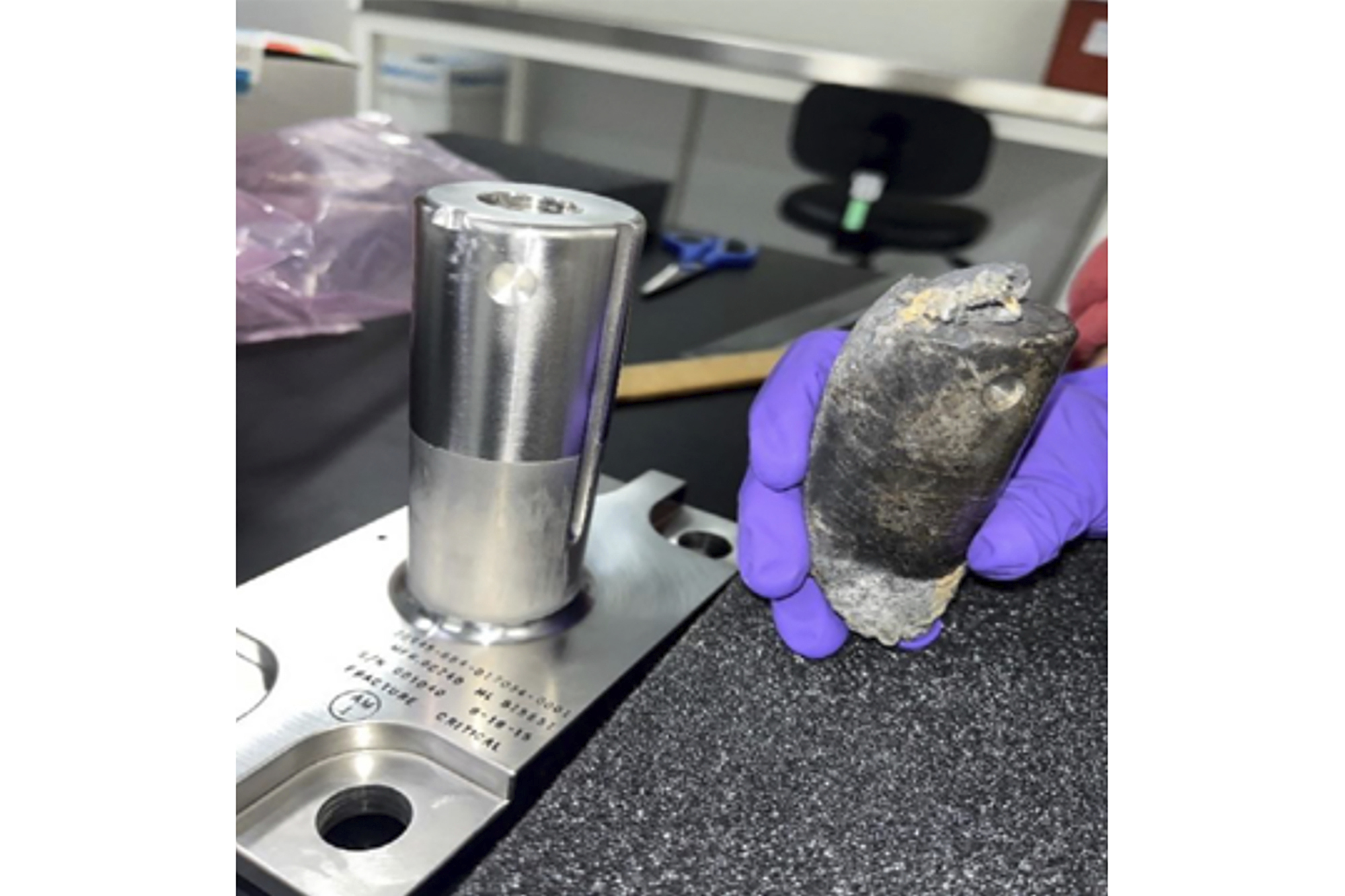North Korea has agreed to all U.S. nuclear inspection demands and the Bush administration responded Saturday by removing the communist country from a terrorism blacklist. The breakthrough is intended to salvage a faltering disarmament accord before President Bush leaves office in January.
"Every single element of verification that we sought going in is part of this package," State Department Sean McCormack said at a a rare weekend briefing.
North Korea will allow atomic experts to take samples and conduct forensic tests at all of its declared nuclear facilities and undeclared sites on mutual consent. The North will permit experts to verify that it has told the truth about transfers of nuclear technology and an alleged uranium program.
"Verifying North Korea's nuclear proliferation will be a serious challenge. This is most is the most secret and opaque regime in the entire world," said Patricia McNerney, assistant secretary for international security and nonprofileration.
The move followed days of intense internal debate in Washington and consultations with U.S. negotiating partners China, South Korea, Russia and Japan. Tokyo had balked at the move because North Korea has not resolved issues related to its abduction of Japanese citizens.
"The key principle of the six-party talks is that any agreement must be agreed upon and in essence guaranteed. The next is to go to the six and have this formalized," McCormack said.
Removing North Korea from the blacklist was immediately criticized by some conservatives who said it rewards the North for bad behavior and sends a bad signal to other U.S. adversaries, notably Iran. U.S. officials stressed that the North would be placed back on the list if it fails to comply with the plan to verify it has told the truth about its nuclear activities.
U.S. & World
The broader accord had been threatened by North Korea's refusal to accept such nuclear inspections because Washington had refused to drop the North from the list of state sponsors of terrorism.
That designation — now shared only by Cuba, Iran, Syria and Sudan — carries severe penalties, but U.S. officials said North Korea would not see any immediate benefit because it is punished penalized under other programs.
"There should be no anticipation by anybody that there are not going to be bumps in the road. This is going to be a bumpy road. However, we are building a road," said Paula DeSutter, assistant secretary for verification, compliance and implementation.
North Korea has moved to restart a disabled nuclear reactor and takes other provocative steps, including expelling U.N. inspectors and test-firing missiles. Those steps in recent weeks have heightened tensions in the region and place the shaky disarmament deal in peril.
The blacklist decision had been in the works since chief U.S. negotiator Christopher Hill returned from a trip to North Korea late last week. On his visit, he proposed a face-saving compromise under which the North would accept the verification plan after the delisting was announced. Previously, the U.S. had insisted that the North agree to the deal first.
Critics pilloried the development because it addresses only the North's plutonium program and does not deal with its involvement in spreading nuclear weapons technology or alleged uranium enrichment activities.
"With today's action, the administration has given up a critical instrument of leverage," said Rep. Ileana Ros-Lehtinen, R-Fla., the top Republican on the House Foreign Affairs Committee. "By rewarding North Korea before the regime has carried out its commitments, we are encouraging this regime to continue its illicit nuclear program and violate its pledge to no longer provide nuclear assistance to extremist regimes."
"We are also sending a strong message to other rogue nations, such as Iran and Syria, that we will not hold them to their commitments, even as we give in to their demands," she said.
Republican presidential candidate John McCain said he would not support the step unless it is clear North Korea will accept intrusive inspections of its nuclear sites.
"I expect the administration to explain exactly how this new verification agreement advances American interests and those of our allies before I will be able to support any decision to remove North Korea from the list of state sponsors of terrorism," he said in a statement late Friday.
In addition, he expressed concern that U.S. allies in Asia, particularly Japan, had not been properly consulted.
"I am also concerned that this latest agreement appears to have been reached between Washington and Pyongyang and only then discussed with our Asian allies in an effort to garner their support," he said.
McCormack said the decision had been discussed with all the U.S. partners in the six-nation talks and that a consensus had been reached.
Japan had been resistant, arguing that North Korea should not be taken off the list until the cases of Japanese citizens abducted by Pyongyang in the 1970s and 1980s are resolved. "We strongly urge North Korea to address Japan's concerns without further delay," McCormack said.
North Korea, along with Iran and Iraq, was branded as part of an "axis of evil" by Bush after the Sept. 11 attacks.



